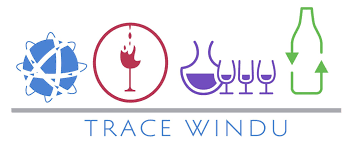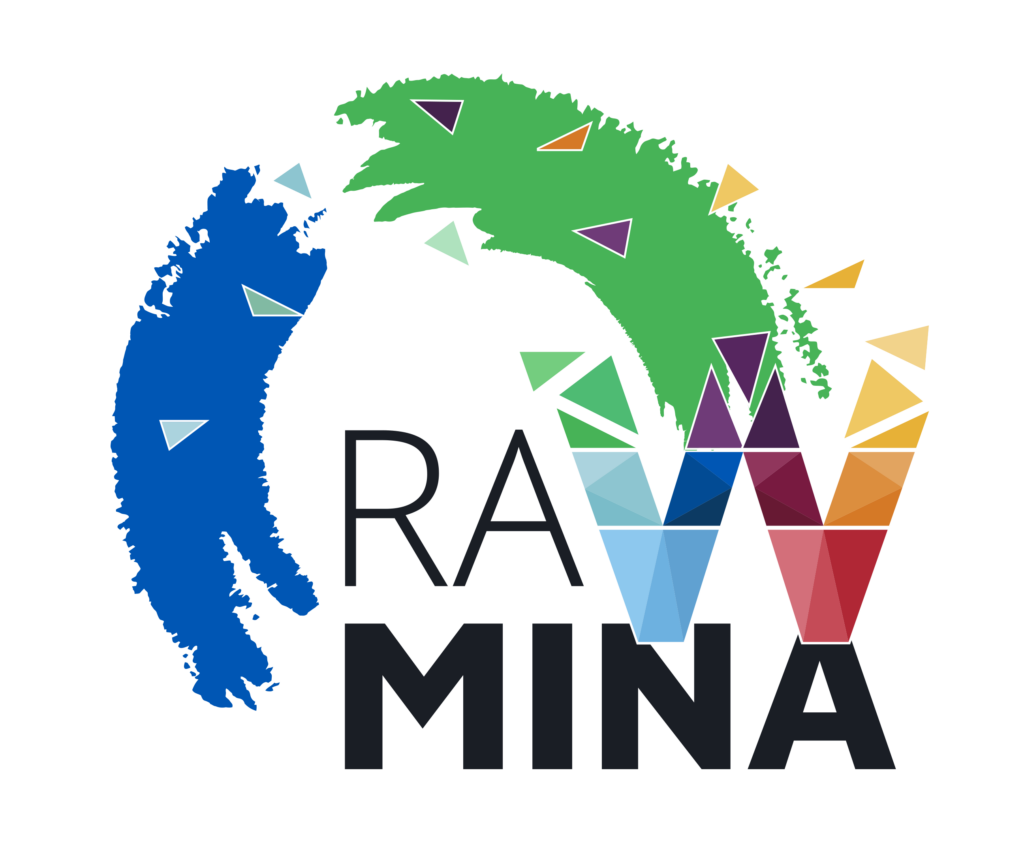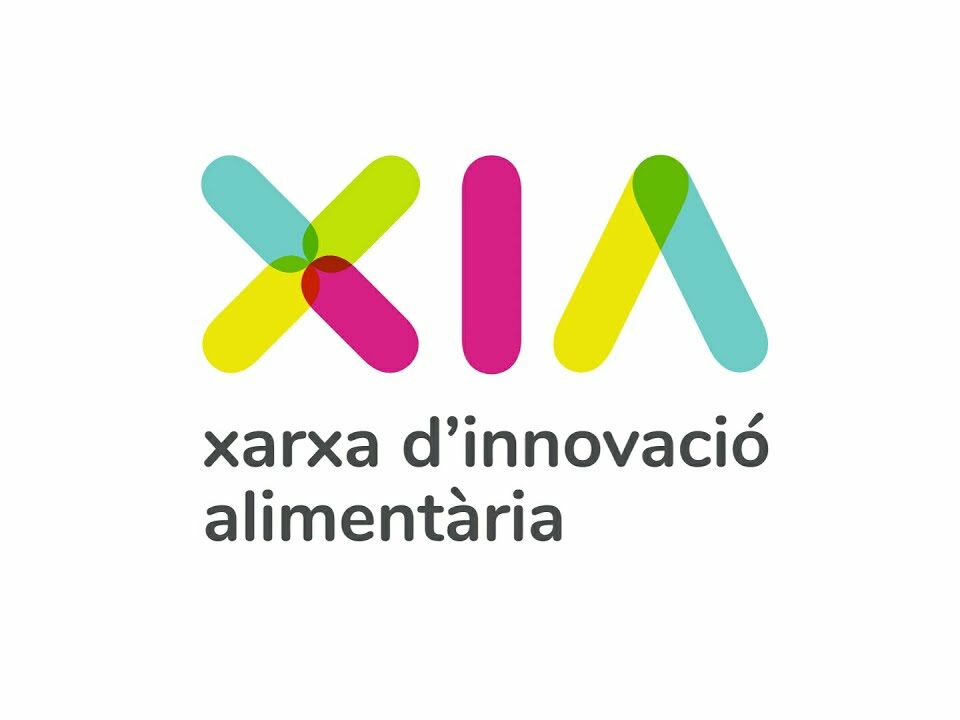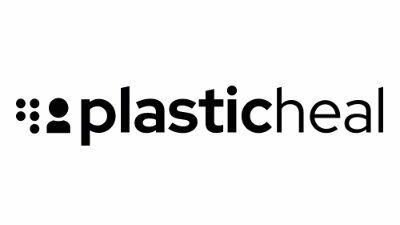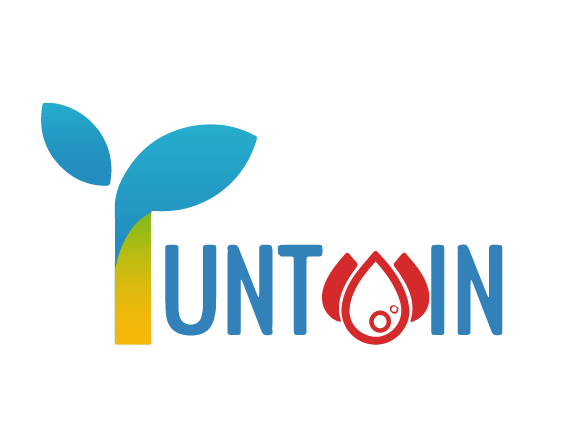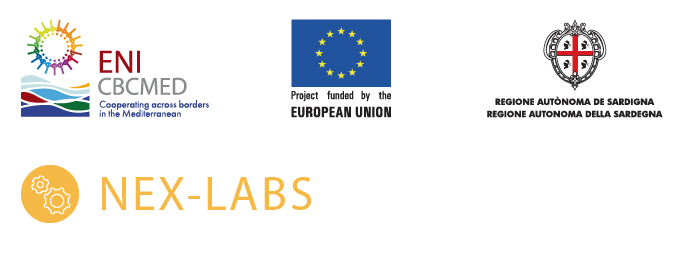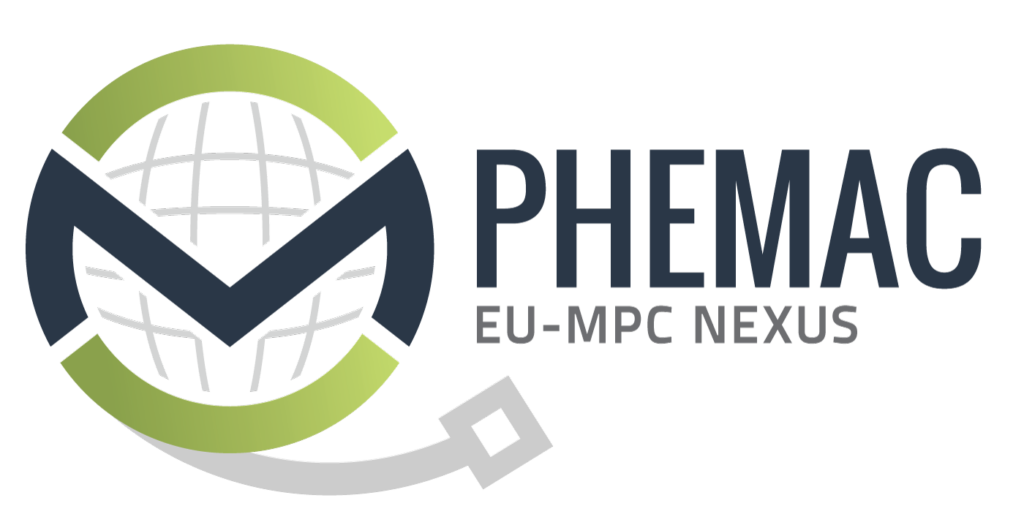Research and Development Projects
These research projects are fundamentally differentiated by the participating entities and by the sources of funding. Regarding the participating entities we can distinguish between two types:
Research projects with institutional agencies: These projects are subsidized by an institutional organization. These grants are obtained upon presentation of the research project, which is evaluated by a scientific committee. The organizations that provide financial aid may be:
Research projects with companies: These projects arise from the need of certain companies to develop new lines of research. They are regulated by means of a company-university agreement described below. They are divided into three types according to the sources of funding:
Financing I: 100% company
Funding II: Company and a governmental institution.
Funding III: The UAB GTS Center is subcontracted by an institution to which the company applies for a R&D project.
The research and service projects that are developed at the GTS Center are described below:
Ongoing Projects
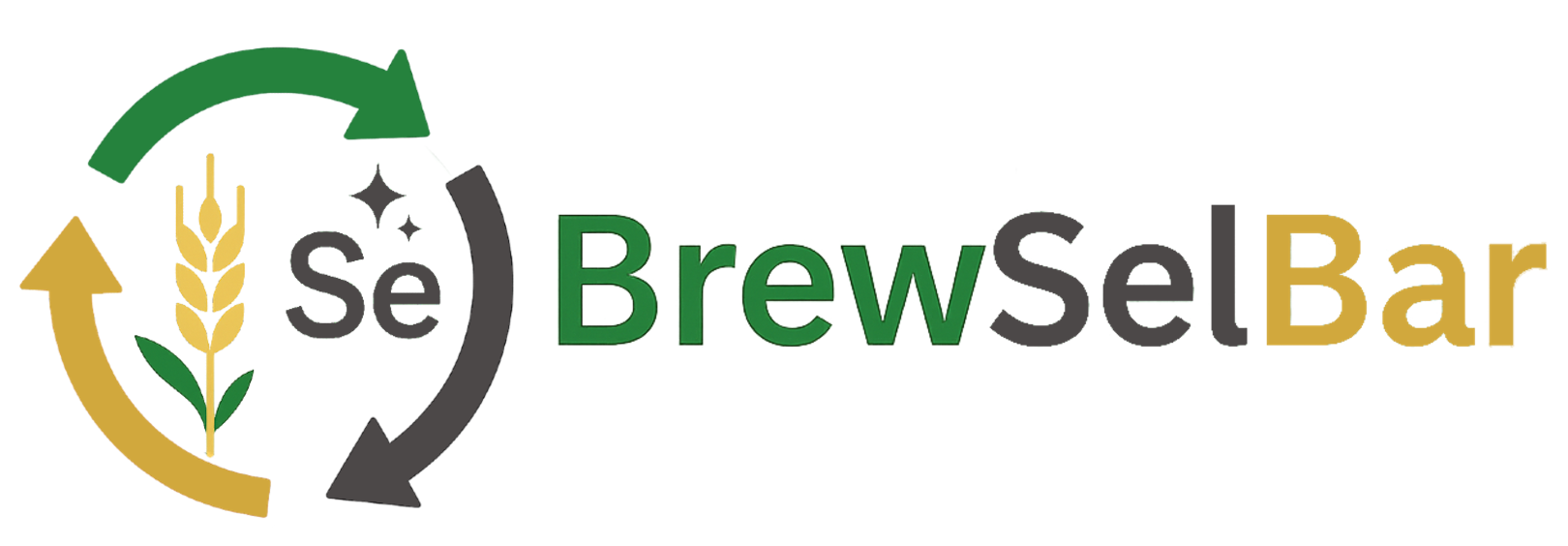
BrewSelBar
https://cordis.europa.eu/project/id/101236623
BrewSelBar (Brewer’s Spent Grains Bio-stimulant enriched with Selenium for Barley Stress Tolerance and Functional Beverages) is a Horizon Europe Marie Skłodowska-Curie Actions (MSCA) Staff Exchanges project that aims to transform one of the brewing industry’s largest by-products into a high-value, sustainable agricultural solution.
The project focuses on the valorisation of Brewer’s Spent Grain (BSG) into an innovative selenium-enriched, plant-based biostimulant designed to enhance barley stress tolerance, improve crop performance under abiotic stress conditions, and support the production of selenium-enriched functional beverages, including beer and non-alcoholic products. By integrating circular economy principles, BrewSelBar directly addresses environmental sustainability, climate resilience, and food security challenges while reducing industrial waste.
Project start: 2026/01/01
Project completion: 2029/12/31
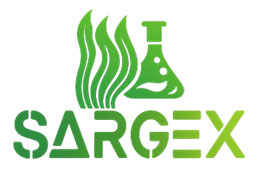
SARGEX
https://sinnovations.org/work-portfolio/sargassum-valorization-for-sustainable-bioeconomy/
For more than ten years, Caribbean countries have been affected by mass strandings of Sargassum algae along their coastlines. Once deposited, these algae decompose and emit odorous and harmful gases, posing risks to both human health and the environment, notably hydrogen sulfide and ammonia.
The SARGEX project, led by IMT Nord Europe in close collaboration with Madininair and Gwad’Air (air quality monitoring organizations in Martinique and Guadeloupe–Saint Martin), addresses this challenge by examining exposure-limitation practices—such as airing and air treatment strategies—used in naturally ventilated buildings. The objective is to provide practical, evidence-based recommendations applicable to Caribbean populations.
Project start: 2026/01/01
Project completion: 2029/12/31

HAMTRACE
https://www.e4business.eu/portfolio/hamtrace
HamTrace is an innovative project that delivers a breakthrough, science-based approach to safeguarding the authenticity, quality, and global reputation of Europe’s premium dry-cured ham (DCH). By combining state-of-the-art analytical chemistry with advanced digital technologies —including blockchain, AI-driven traceability systems, and smart tagging solutions— HamTrace protects Protected Designation of Origin (PDO) and Protected Geographical Indication (PGI) hams from fraud, mislabelling, and counterfeiting throughout the entire value chain.
The project directly addresses growing authenticity challenges, such as the estimated 8–12% fraud rate in high-value ham markets, as well as increasing regulatory and consumer demands for transparent, verifiable, and tamper-proof traceability. HAMTRACE integrates multi-element isotope analysis (MIA), isotope dilution mass spectrometry (IDMS), hyperspectral imaging (HSI), XANES/XR synchrotron techniques, and blockchain-secured traceability. Together, these components form Europe’s first comprehensive, scientifically validated, and industry-ready traceability framework for premium dry-cured ham.
Project start: 2026/01/01
Project completion: 2029/12/31

CuWine
The wine sector in Spain produces about 40 million hectoliters (15% of global production), which represents 8% of plant production, 2% of the gross value added, and involves around 450,000 workers. Most of the strategies used to control fungal infections have been based on the application of Cu/Zn-based plant protection products. After decades of use, this has led to an accumulation of Cu and Zn in vineyards. Currently, these compounds are prohibited in the EU, and application rates are being limited to a maximum of 28 kg/ha of Cu over a period of 7 years. The wine-growing sector uses 20% of the existing plant protection products while occupying only 2% of the land, and this is unsustainable.
CuWine aims to minimize the impact of fungicidal compounds in vineyards to achieve sustainable wine production, environmentally (allowing organic farming) and economically (reducing actual costs), by applying an innovative process with a circular economy approach.
Project start: 2022/09/01
Project completion: 2026/09/01

FREECOVER
https://freecover.eu/the-project/
The FREECOVER project focuses on sustainability in the extraction and recycling of rare earth elements (REE), which are essential for various advanced technologies. Through an innovative approach, FREECOVER will develop solutions to recover and reuse these critical resources, addressing the environmental and supply challenges associated with their extraction. With a consortium of 9 partners, FREECOVER has a duration of 48 months and is funded by the HORIZON-CL4-2023-RESILIENCE-01 call. This project will not only benefit the technology industry, but also promote more sustainable practices in the management of strategic resources.
Project start: 2025/01/01
Project completion: 2028/12/31
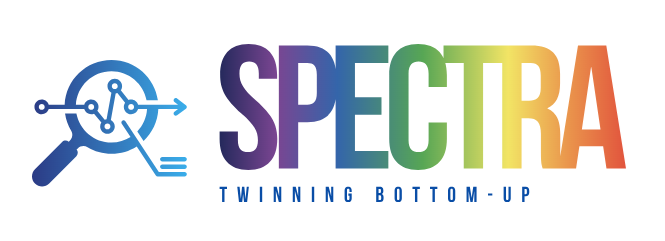
SPECTRA
https://www.spectra-project.eu
SPECTRA focuses on enhancing research and development capabilities in the field of food quality and safety, particularly concerning traceability and authenticity. This project promotes cooperation between academic institutions and industry, facilitating the transfer of knowledge and technology. With a consortium of 4 partners, SPECTRA has a duration of 36 months and is funded by the HORIZON-WIDERA-2023-ACCESS-02-01 call. This project is aimed to strengthen research infrastructure and train professionals in the use of advanced analytical tools, contributing to a safer and more efficient food system.
Project start: 2024/10/01
Project completion: 2027/09/30
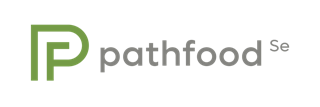
PATHFOOD
The PATHFOOD project aims to develop a more sustainable and healthier food supply chain, aligning with the EU’s climate neutrality goals. This project seeks to improve the production and consumption of functional foods, promoting sustainable agricultural practices. With a consortium of 4 partners, PATHFOOD has a duration of 36 months and is funded by the HORIZON-WIDERA-2023-ACCESS-02-01 call.
Project start: 2024/09/01
Project completion: 2027/08/31
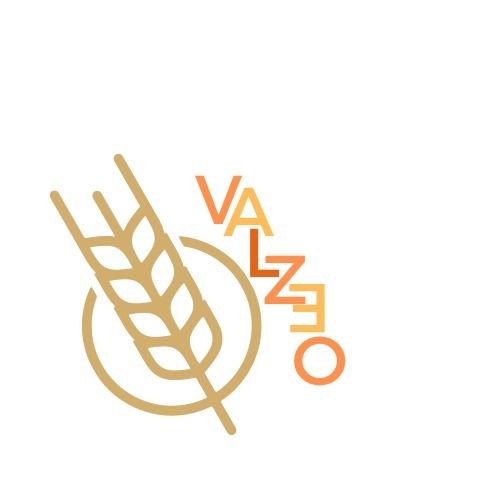
VALZEO
https://www.valzeo.eu/
Valzeo is a project to develop and validate zeolite-based multifunctional composite materials obtained from rice husk ash. Research is being carried out to understand the potential of these wastes and to develop multifunctional materials for environmentally friendly applications. The new materials will be used, on the one hand, for the removal of pharmaceuticals, pesticides, dyes and microorganisms from water and, on the other hand, for the catalytic production of biodiesel.
Project start: 2023/01/01
Project completion: 2026/12/31
TRACEWINDU
https://www.tracewindu.eu/
TRACEWIDU, will seek to ensure and improve the traceability of wine along the entire value chain, with intelligent labeling and data recording through blockchain technology. Thus, consumers from different parts of the world will be able to make purchases based on complete and reliable information about the entire production process, from the vineyard to their table.
At the same time, it is proposed to improve the productivity of vineyards through the use of a novel combination of plant protection products, with the use of plant extracts as a source of secondary metabolites or other environmentally friendly substances, integrated with the geographical origin of the vineyards in a strategy of multiple approach, to guarantee the traceability and authentication of the wine. This approach will be correlated with data obtained from the sensory analysis of wines.
Project start: 2021/06/01
Project completion: 2026/07/31
Finished Projects
RAWMINA
https://rawmina.eu/
Exploration activities are the initial step in the commodity value chain. The industry faces an increasing number of challenges, such as the need for deeper exploration, the need for exploration under cover, the need to increase cost and resource efficiency, and the need for exploration in more challenging environments. At the same time, the industry needs access to entrepreneurial and highly skilled exploration professionals and must promote a better understanding and acceptance of the exploration industry within society at large.
To meet these challenges and ensure sustainable, efficient and successful exploration for the future, Europe needs new exploration technologies, innovative research and advances in education. This is where the RAWMINA project will facilitate this through bridges and synergies of industry knowledge, research and education.
Project start: 2021/05/01
Project completion: 2025/09/30
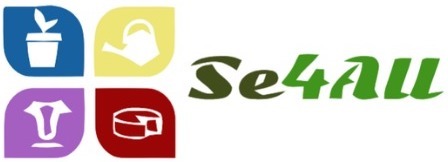
Se4ALL
https://www.seforall.org/
This project raises the possibility of fortifying dairy products with a micronutrient, selenium, naturally, through its inclusion in alfalfa hay pastures, food for dairy cows. In this way, it is sought that the milk they produce already has this mineral incorporated, without the need to add additives during industrialization.
It seeks to increase the concentration and bioavailability of selenium in milk and dairy products through an environmentally friendly and low-cost methodology.
In relation to the benefits of selenium, the benefits for the cardiovascular system, the immune system and its antioxidant function, among others, stand out. This mineral, which is obtained from the soil and can be incorporated mainly through the consumption of vegetables, is not available in any geographical area. For this reason, the project is becoming more important, as its availability in milk could be guaranteed regardless of its presence on agricultural land.
Project start: 2021/06/01
Project completion: 2025/10/31
XIA – Food Innovation Network
The XIA is a network that includes research groups from the following entities: UAB, UB, UdG, UdL, UdL-IRTA, UVIC, UPC, URV, the Miquel Agustí Foundation, the ALICIA Foundation and the IRTA.
GTS is now a Member of the XIA (Food Innovation Network). It will allow one interdisciplinary collaboration between groups that work on issues related to food. Access to Specific calls, Integration of Our services to a portfolio of services available to other research groups or companies. Opportunities to value the Results of applied research.
The new Valorization and Transfer Program of the Food Innovation Network will begin by collecting the Results and value dynamics of the Reference Network in Food Technology of the Generalitat of Catalonia (XaRTA). Thus, the stock of Knowledge and technologies obtained in recent years will be gathered, which will be incorporated into a new Portfolio of Valued Technologies of the R + D + I Network.
Project start: 2018/01/01
Project completion: 2022/12/31
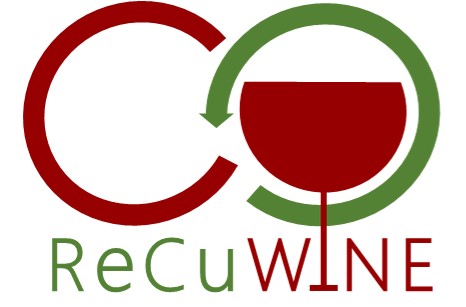
ReCuWINE
ReCuWINE will minimize the impact of copper-based compounds through an innovative process based on a circular economy model. The overall objective offers the application of new methodologies that integrate the characterization and treatment for the recycling of wastewater and sludge. Thus, a definitive and safe reuse of treated waste as well as of irrigation and fertilizer materials and of recovered clay as a recycling fungicide.
The use of clay-based composts to prevent fungal diseases in vineyards is a common practice all over the world. Both conventional and organic or biodynamic winegrowers have contributed to the accumulation of ochre in soil, residues and vegetation, causing a serious environmental problem, also increasing the related food. The lack of alternatives to completely replace oil calls for a sustainable practice to minimize this harmful impact.
Project start: 2022/03/10
Project completion: 2024/03/09
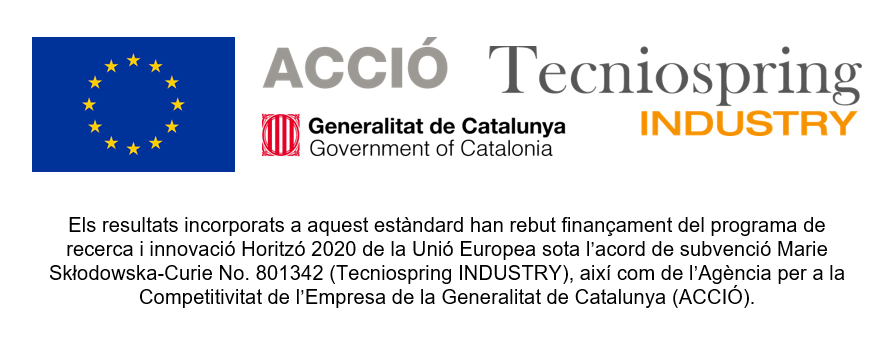
PLASTICHEAL
https://www.plasticheal.eu/en
The exponential increase in plastic production/use translates into a parallel increase in environmental plastic waste that continuously degrades into micro- and nanoplastics (MNPL). Information on the effects of MNPLs on human health is still preliminary and, moreover, limitations of current methodologies prevent an accurate assessment of human exposure/risk.
In this context, PLASTICHEAL aims to provide new methodologies and sound scientific evidence to regulators by combining the use of state-of-the-art research and validated test methods to establish the knowledge base for a proper risk assessment of MNPLs.
Project start: 2021/04/01
Project completion: 2025/03/31
TUNTWIN
https://tuntwin.org/index.php/fr/projet/
TUNTWIN aims to enhance research and innovation capabilities and stimulate scientific excellence in the field of spectroscopic techniques, mainly for advanced mass spectrometric methods for inorganic and organic compounds of key application for the Tunisian economy in the environmental, food and health sectors.
It will strengthen the research and knowledge transfer capacity of the “Institut National de Recherche et d’Analyse Physico-Chimique”, (INRAP). The project will develop capacity building of permanent scientists, training of early stage researchers (ESR), expand cooperation between academia, industry and stakeholders in Tunisia with a sustainable overall framework for research, international networking, mobility and integration into the European Research Area.
Strengthening the expertise of INRAP researchers and technicians, including a new generation of young scientists, will be developed through cooperation with EU partners of established scientific excellence in the topics and proven experience in economic impact and awareness raising and integration into national policies.
Project start: 2020/12/01
Project completion: 2023/12/31

RECOPHARMA
Pharmaceutical drugs, characterized by their environmental persistence (e.g., cytostatic drugs [CDs]) were detected in water bodies (drinking water, groundwater, surface water, and effluent wastewater) at concentrations up to μg/L. Actual methods for the removal and degradation of CDs have been developed, including electrochemical, photochemical, and biological methods. However, these methods are costly and sometimes inefficient for complete removal of CDs from treated water.
Including the exploitation of previous results from EU funded projects, the objective of the RECOPHARMA project is to design, develop, validate and demonstrate a novel process by sequential integration of the potentials offered by Molecularly Imprinted Polymers (MIP), Reagent-free Thermosorption (RTS), Nanocomposites Functional Materials, advanced oxidation processes, for an efficient treatment aiming at the recovery of target recalcitrant CDs and the degradation of corresponding transformation products or metabolites, working in a continuous operation mode. The suggested approach offers a versatile, fast, highly efficient and low-cost wastewater treatment.
RECOPHARMA brings together academic research centers and the private sector, with the long-term objective of designing and developing advanced water treatment technologies in the interest of society and integrating them for demonstration following a circular economy approach. Through the programmed secondments, the personnel involved will perform the R&D required to demonstrate the technical and economic feasibility of the developed process, including the technical training of specialists as a fundamental activity for the success of the project. The secondments will also enhance the exchange of knowledge, best practices, expertise, innovations, experience, mutual cooperation and working culture between different organizations, regions and countries through the partners’ well-established reputation as transfer centers.
Project start: 2018/01/01
Project completion: 2023/10/31

NEOSETAC
The European Chronic Disease Alliance has defined cancer as one of the leading non-communicable diseases, accounting for 13% of deaths worldwide, resulting in 8.2 million deaths annually. In the NEOSETAC project, breast cancer will be the focus of the study, as it is the most common cancer in women. It comprises 10.4% of all cancer incidences among women, causing 411 093 deaths per year worldwide.
In Europe, there are more than twice the number of new cases of breast cancer per year than new cases of cancer anywhere else. The complexity of breast cancer makes it a major challenge for successful treatment. The NEOSETAC project will demonstrate the anti-cancer therapeutic potential of a novel selenium-based therapy for the treatment of breast cancer. The clinical application of selenium (Se) compounds for cancer treatment is so far limited in chemoprevention as a dietary supplement. In this proposal, we aim to improve the therapeutic window, pharmacokinetic properties and drug delivery via nanoparticles (NPs). By loading Se into biodegradable NPs, drug release is controlled within the narrow therapeutic window of Se. At the same time, uptake and activation of Se compounds at the desired location (tumor lesions and metastases) is achieved.
We also propose to functionalize NPs by ligands targeting cancer cells/cancer stem cells to further improve therapeutic efficacy and prevent cancer recurrence after chemotherapy. These advantages will lead to enhanced anticancer activity and reduced systemic toxicity. In addition, NP targeting will improve the pharmacokinetic properties and increase the relatively short half-life (~18 hours) of Se.
Project start: 2018/01/01
Project completion: 2023/10/31
NEX-LABS
https://www.enicbcmed.eu/projects/nex-labs
NEX-LABS target territories, characterized by water scarcity and irregular rainfall and population distribution, reflect that agriculture is the largest water user (70-90%), while future global warming forecasts (≈2°C) lead to a decrease in summer rainfall (-10/-30%), threatening water availability (-2/-15%) and agricultural productivity (-12/-40%). The latent conflict between energy efficiency (≈60%) and water production is also increasing the energy footprint/m3 of water used to produce food. The projected Water/Energy/Food (WEF) deficits require a NEXUS approach, which means integrated management and governance of these natural resources.
In this context, the NEX-LABS project aims to support the implementation of clean technologies for a sustainable and resilient growth of agri-food sector production based on a more efficient use of energy (renewable/solar solutions) and water (wastewater treatment, water harvesting or reuse solutions) in the MPC region thanks to the contribution of ICT, such as blockchain technology, Internet, artificial intelligence (AI), machine learning and Big Data.
Project start: 2020/09/03
Project completion: 2023/12/02
PHEMAC
https://www.phemac.eu/
Through the development of an integrated platform and approach, the project will help stakeholders become aware of what has already been developed and applied, avoiding duplication and using existing consolidated knowledge to create new value.
In addition, PHEMAC will strongly encourage successful and sustainable public-private partnerships to counter the phenomenon of inefficient resource use and bridge the gap between the countries involved to drive economic and social reforms.
These ambitious objectives will be achieved through a combination of different actions, such as the development of an online platform and the active involvement of stakeholders through a series of events and targeted policy actions.
Project start: 2020/01/01
Project completion: 2023/06/30

WEF-CAP
https://www.enicbcmed.eu/projects/wef-cap
WEF-CAP seeks to bring out effective economic activity from under-capitalized WEF innovations. Considering joint challenges at regional and cross-border level and the fragmented business ecosystem lacking of a cross-Mediterranean coherent framework, WEF-CAP will combine the capitalization and expansion of tools and methodologies used for innovation commercialization with the capitalization of WEF innovations in efficient practices for replication across the Mediterranean area. This will be done through the support of sustainable and resilient agri-food sector production, thus improving the energy and water efficiency: renewables, wastewater treatment, water harvesting and reuse, etc.
WEF-CAP will apply past and ongoing WEF efficient practices and policies for replication under the framework of a meta cluster, reinforcing networks while mainstreaming gathered territorial evidences for effective capitalization. A successful implementation will enhance the regional SMEs competitiveness and the job creation, generating spillover effects in knowledge, resource efficiency, and the quality of life.
Project start: 2021/09/01
Project completion: 2023/08/31
